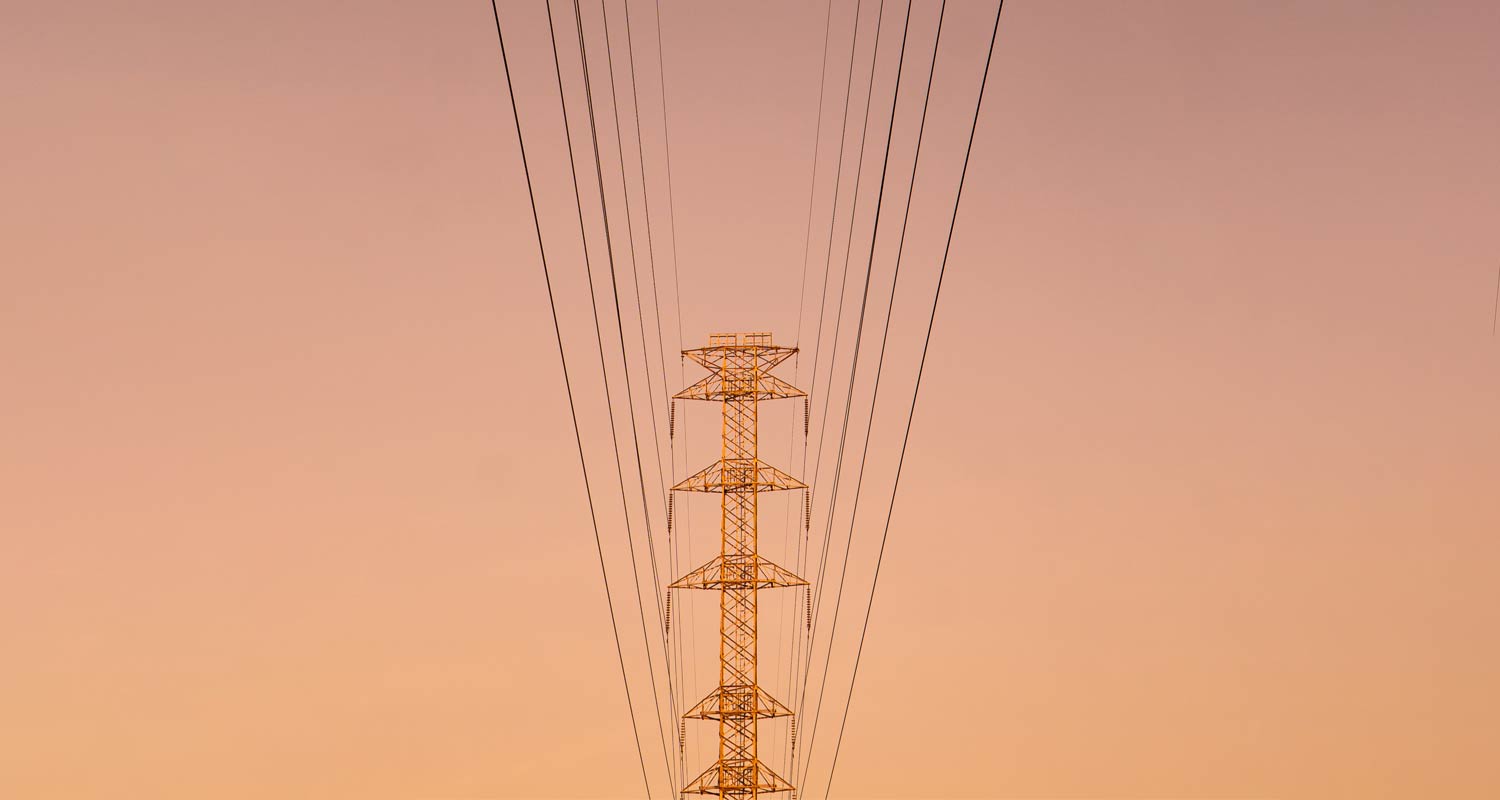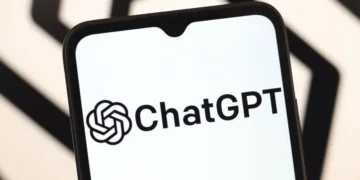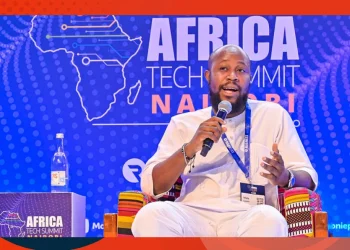AI is changing how the country generates, distributes, and uses electricity. The country has struggled with power cuts for over a decade. Load shedding has become part of daily life. But AI offers new solutions to make the electricity system work better and help South Africa move toward cleaner energy.
Cape Town startup Open Access Energy raised $1.8 million to use AI for electricity trading. The company’s EnergyPro platform helps match clean energy from solar panels and wind farms with customers who need power. The system automatically handles the complex process of moving electricity through the grid in real time.
Eskom has also started using AI to serve customers better. The power company launched Alfred, an AI chatbot that helps customers report power outages and track repairs. The system works 24 hours a day and gives customers a reference number within seconds. Alfred is available on Eskom’s website and through WhatsApp.
Solar company Wetility launched an AI system that automatically manages home solar panels and batteries. The AI Mode feature analyzes weather forecasts, power usage patterns, and current consumption to decide when to use solar power, store energy in batteries, or draw from the grid. During testing, some customers saw their solar usage jump to over 90%, cutting their electricity bills significantly.
“Rather than being dependent on load shedding schedules or Eskom announcements, AI Mode instead anticipates any surprise power outage. The system then ensures batteries are sufficiently discharged or charged based on numerous possible scenarios,” said Wetility co-founder Ikenna Oguguo.
AI is also helping South Africa build virtual power plants. These systems connect thousands of small solar panels, batteries, and other energy sources so they work together like one big power plant. South Africa has at least five large virtual power plants operating or under construction. AI helps manage the complex task of coordinating all these different energy sources.
The technology can predict when equipment might fail before it breaks down. This helps power companies fix problems before they cause outages. AI can also forecast how much electricity people will need at different times, helping power companies prepare better.
For renewable energy, AI can predict how much power solar panels will generate based on weather forecasts. It can also predict wind patterns for wind turbines. This makes clean energy more reliable and easier to add to the electricity grid.
But South Africa faces challenges in using AI for electricity. The country needs stable power to run AI systems, but the electricity grid is already struggling. This creates a problem where AI could help fix the grid, but the grid needs to be more stable to run AI systems properly.
“We need electricity to power the tools that could save electricity,” explains one analysis of South Africa’s AI challenges.
The country also needs more skilled workers who understand both AI and energy systems. Many companies want to use AI but don’t have enough people with the right skills.
Despite these challenges, experts say AI can help South Africa transition from coal power to cleaner energy sources. The country gets more than 80% of its electricity from coal, making it one of the world’s biggest carbon polluters.
AI can help make coal power plants run more efficiently while the country builds more renewable energy. It can also help workers in the coal industry find new jobs in solar and wind power.
The technology is already helping reduce electricity waste and fraud. Eskom uses AI to find unregistered solar panels and identify unusual power usage patterns that might indicate theft.
Virtual power plants are growing fast in South Africa because they can provide electricity quickly without building large new power stations. As more homes and businesses install solar panels and batteries, AI becomes more important for managing all these distributed energy sources.
Companies are investing more money in AI energy solutions. Besides Open Access Energy’s funding, other startups are developing AI tools for energy management, grid optimization, and renewable energy forecasting.
The key is making sure AI development doesn’t leave communities behind. Many people work in coal mining and coal power plants. AI needs to create new opportunities for these workers, not just replace their jobs.
South Africa’s experience with AI in electricity could serve as a model for other African countries facing similar energy challenges. The solutions being developed could help bring reliable, clean electricity to millions of people across the continent.














